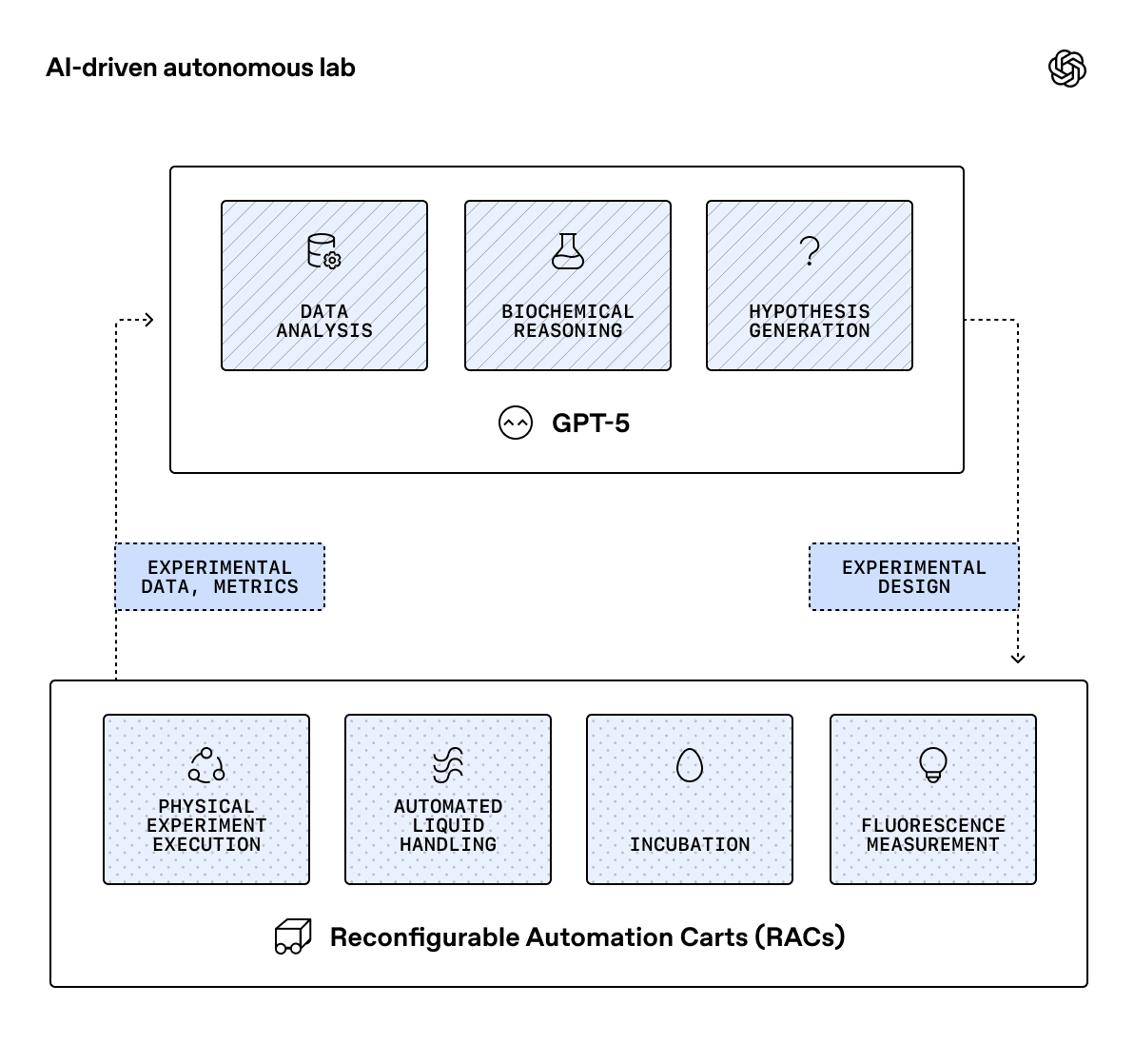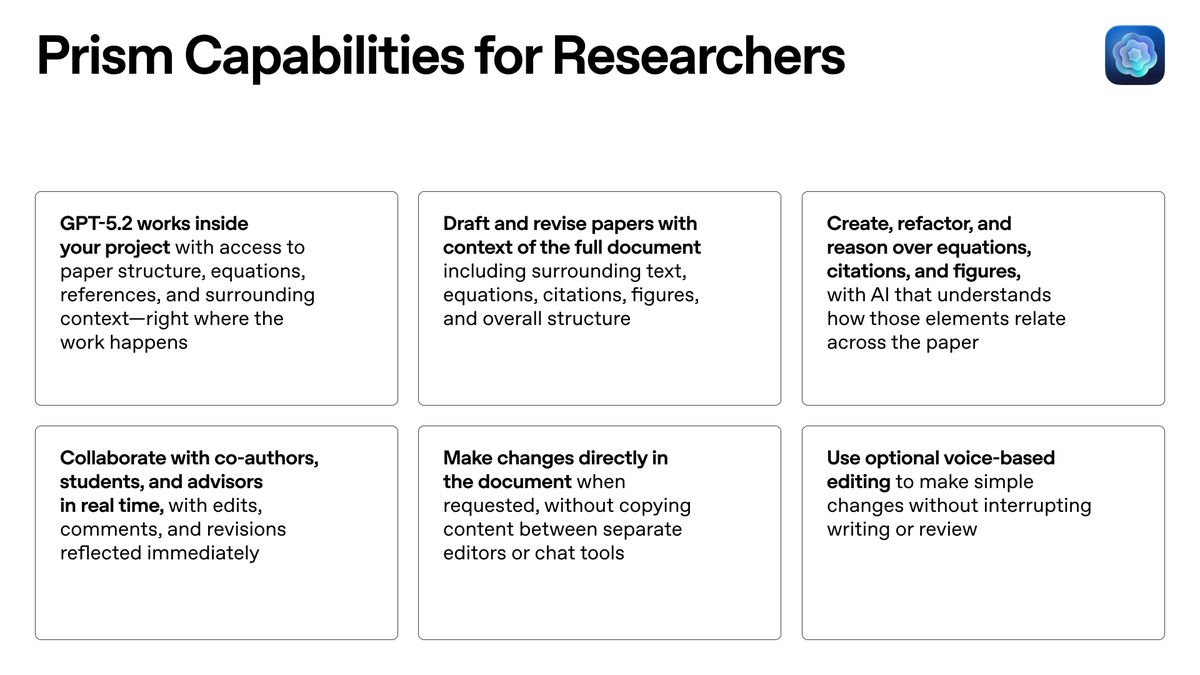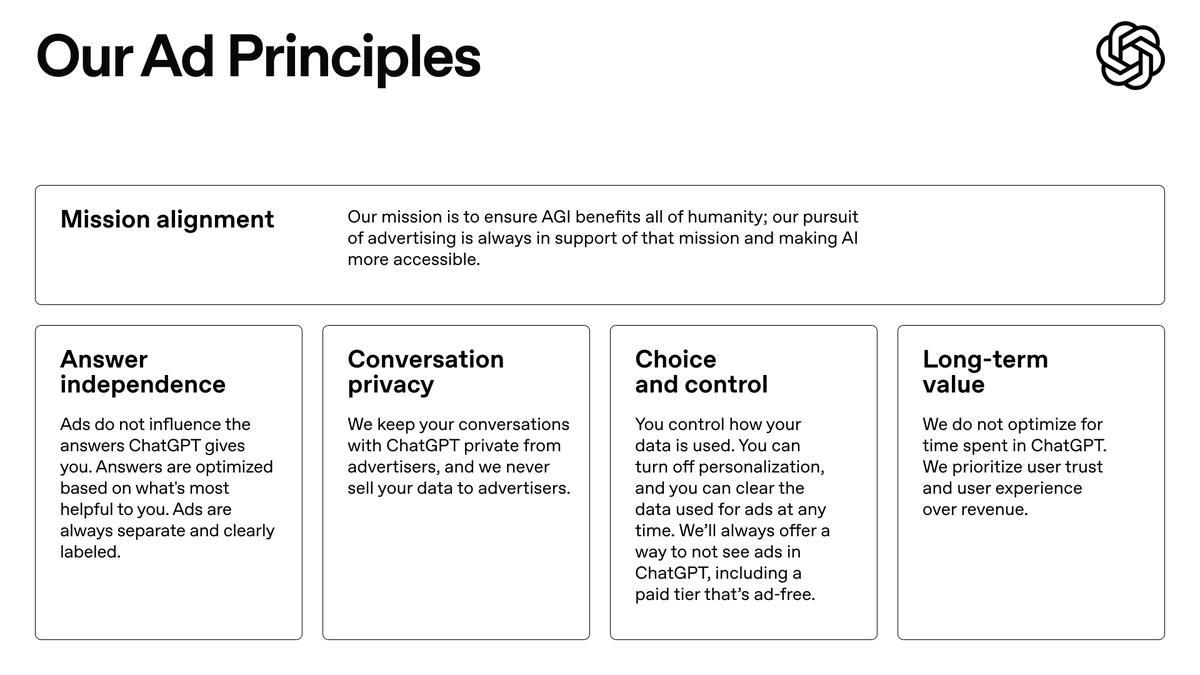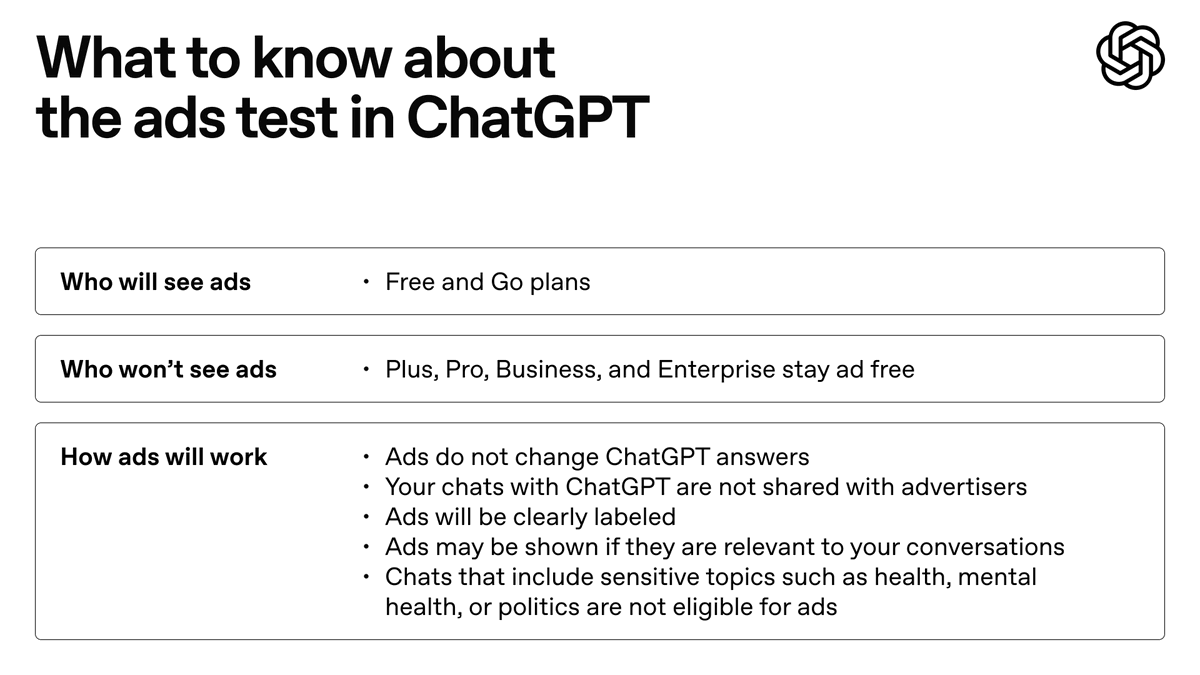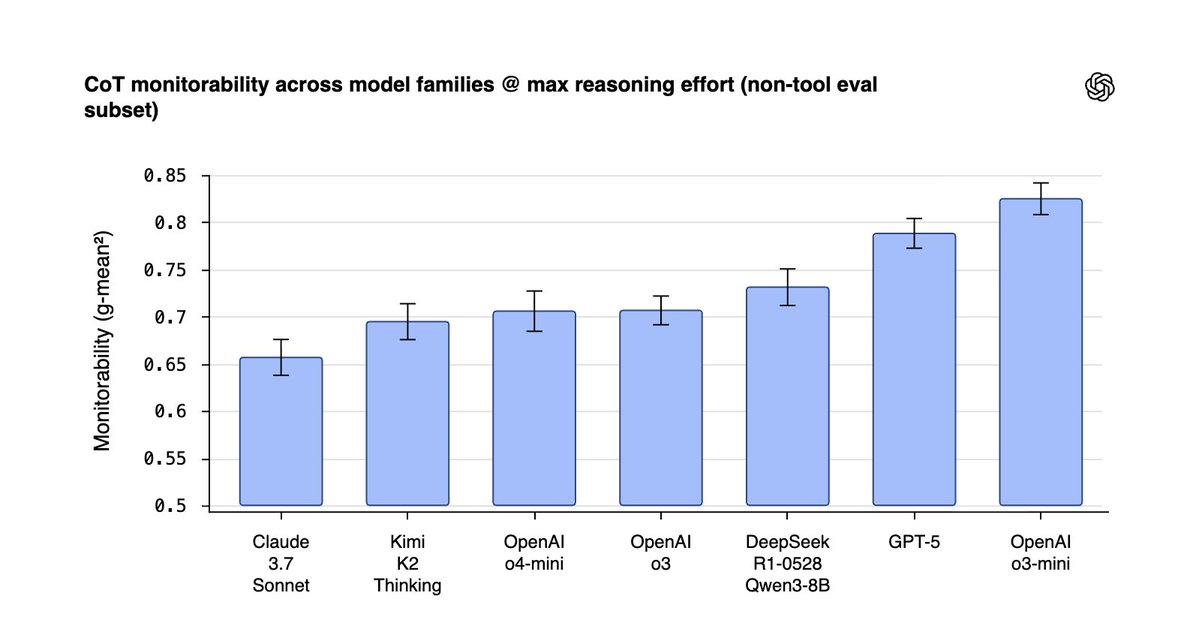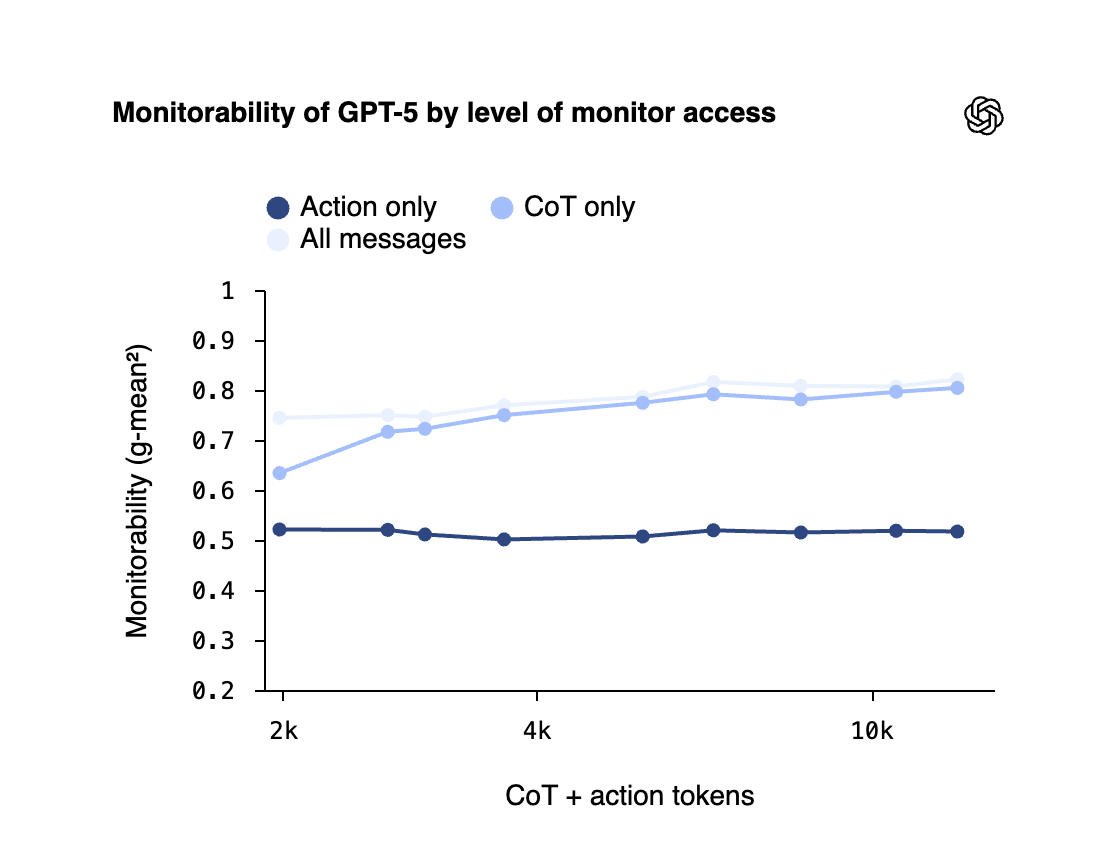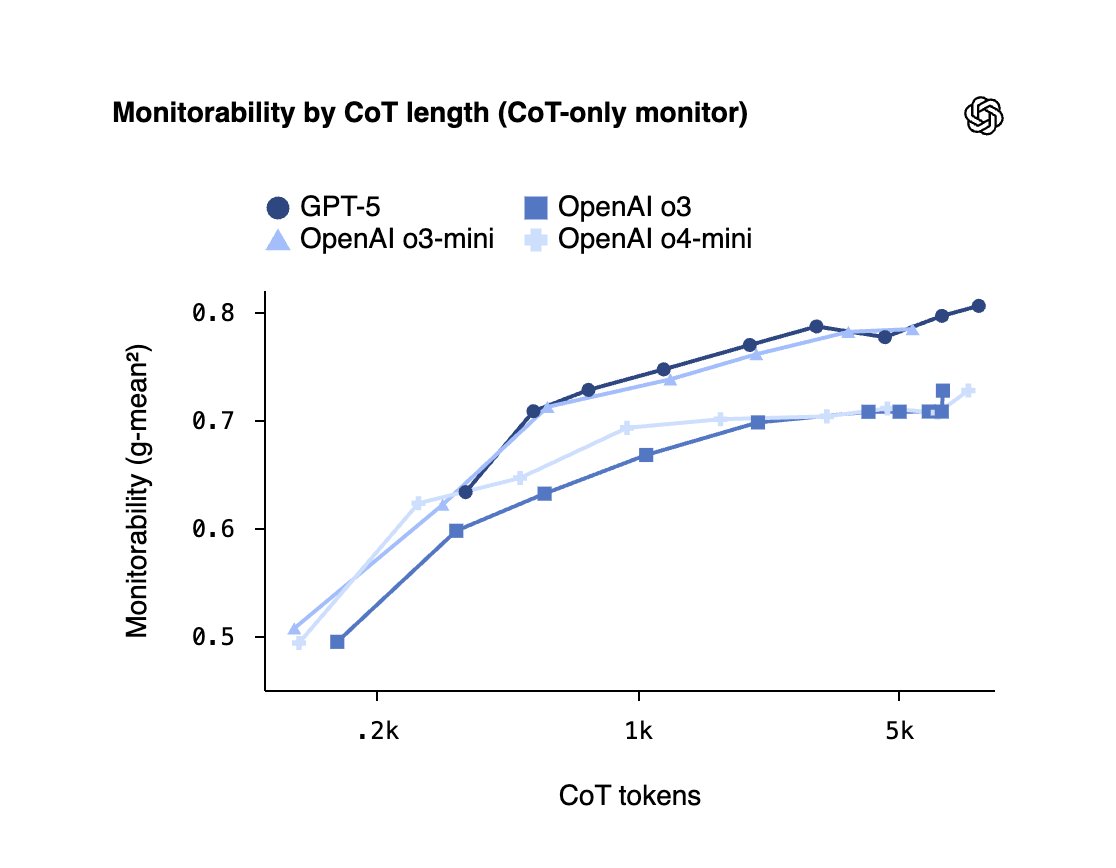We’re making GPT-5 warmer and friendlier based on feedback that it felt too formal before. Changes are subtle, but ChatGPT should feel more approachable now.
You'll notice small, genuine touches like “Good question” or “Great start,” not flattery. Internal tests show no rise in sycophancy compared to the previous GPT-5 personality.
Changes may take up to a day to roll out, more updates soon.
You'll notice small, genuine touches like “Good question” or “Great start,” not flattery. Internal tests show no rise in sycophancy compared to the previous GPT-5 personality.
Changes may take up to a day to roll out, more updates soon.
• • •
Missing some Tweet in this thread? You can try to
force a refresh


